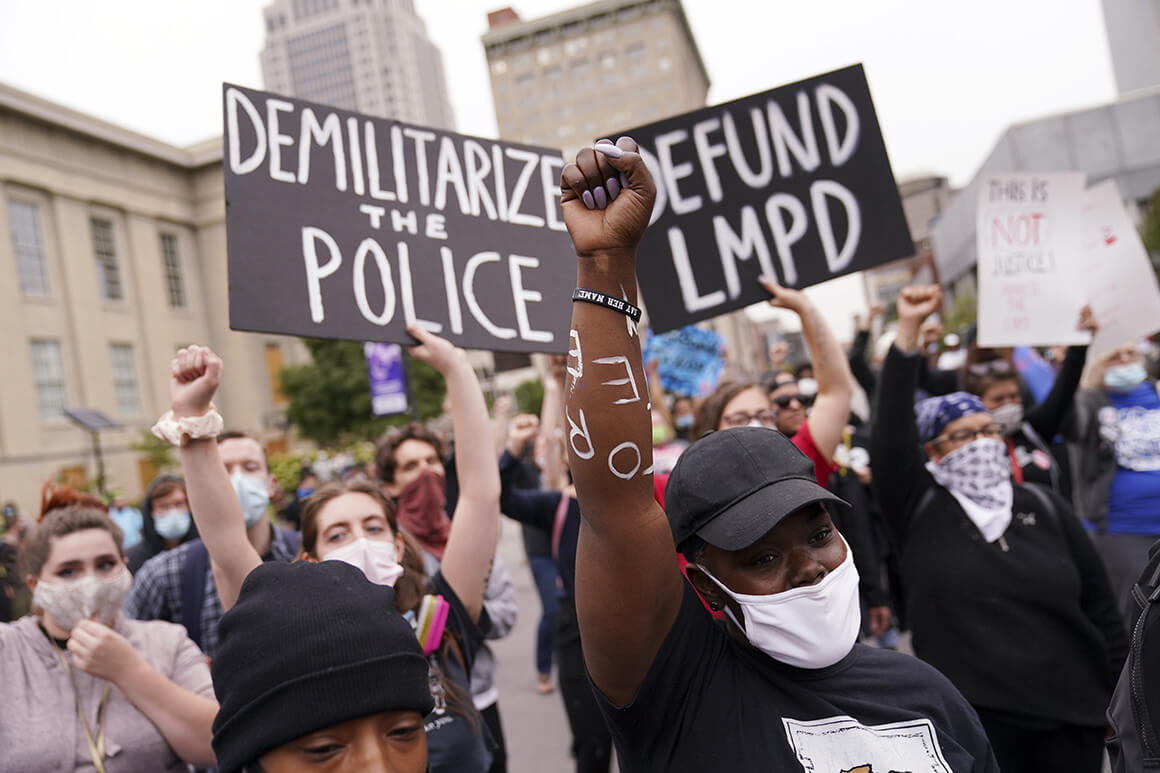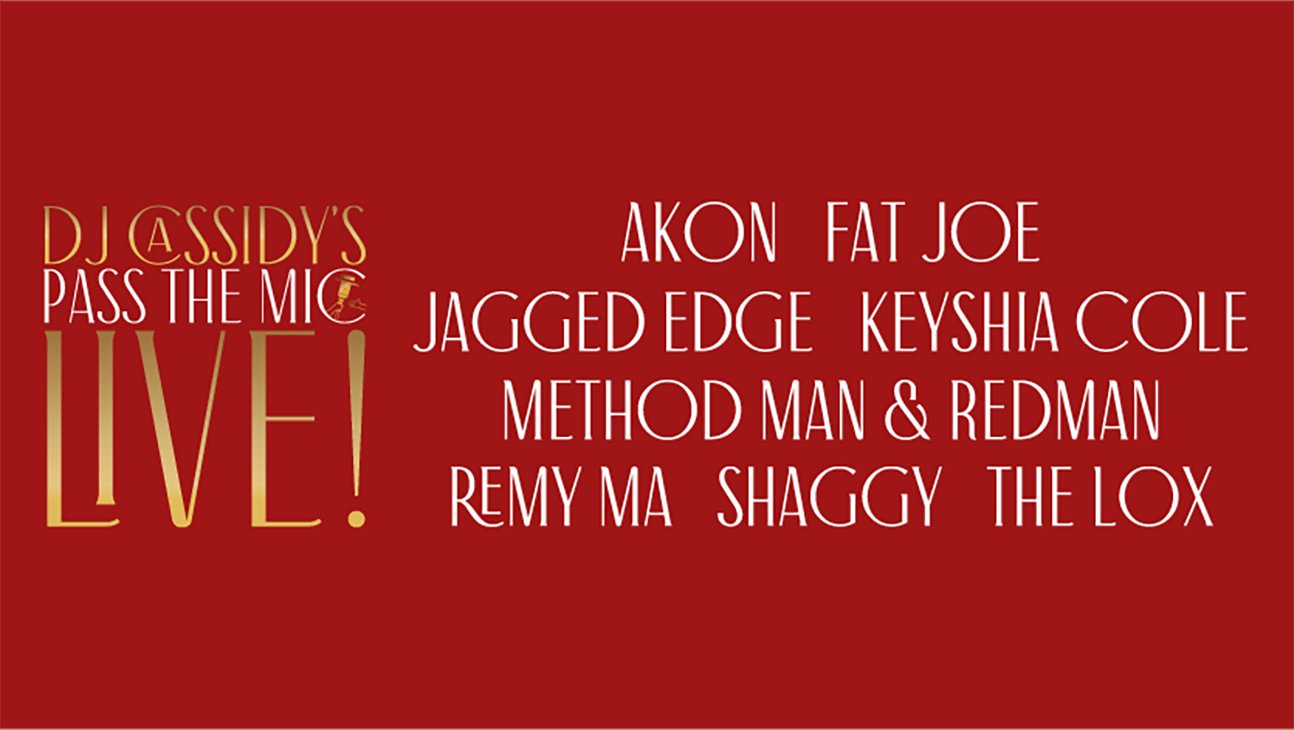New Survey Shows Southerners Supportive of Major Police Reforms, Don’t Believe Enough Has Been Done since George Floyd’s Murder
NEW ORLEANS, May 25, 2021 /PRNewswire/ — A new survey from Mitch Landrieu’s E Pluribus Unum (EPU) organization finds support from Southerners, regardless of race, for major police reforms now one year after the murder of George Floyd sparked a new, national conversation on systemic racism and policing. Still attitudes and perceptions about the police, systemic racism, and the public protests after the murder continue to diverge sharply along racial and partisan lines in the American South. Notwithstanding some divergent views, a majority of white, Black, and Latino respondents believe lawmakers have not done enough to address the killing of unarmed Black people and other people of color by police officers.
One year after George Floyd’s murder, EPU commissioned the 1,200-person survey (400 Black respondents, Latino respondents, and white respondents each) to track attitudes on systemic racism in policing and police reforms in the South. This is the fourth in a series of EPU surveys looking deeply at issues of race and systemic racism focused on the American South. To view the survey’s key findings, comprehensive analysis, and topline results, visit https://www.unumfund.org/policereformsurvey2021/.
“One year after the murder of George Floyd, southern communities and the nation as a whole are still reckoning with the pervasive nature of systemic racism, particularly in policing and criminal justice,” said Mitch Landrieu, founder, and president of E Pluribus Unum and former mayor of New Orleans. “On the positive side, there is clear support for major police reforms that can keep communities safe, hold police accountable, and address the systemic racism in policing. But this survey also underscores the hard work that needs to continue in educating and informing white and Latino audiences on the scope and scale of systemic racism that blocks the South and our nation from achieving true justice and opportunity for all Americans.”
As has been in the case with past surveys, the largest divides continue to be the different views between Black and white adults, while Latino adults’ attitudes tend to fall in the middle. Depending on the issue, there are many instances – particularly on questions related to systemic racism – where Latino Southerners’ views are closer to white Southerners than Black Southerners. There are additional notable dynamics based on gender, partisanship, age, and level of education.
Key Findings
- On Perceptions of Police: Majorities of Black (66 percent), Latino (78 percent), and white (84 percent) Southerners have favorable views of the police in their community. Perceptions of the police change significantly among Black adults when respondents are asked their favorability toward “police in the United States.” Favorability drops to 40 percent among Black Southerners and has modest shifts among Latino Southerners (64 percent favorable) and white Southerners (75 percent favorable).
- On the Derek Chauvin Verdict: An overwhelming majority of Black, Latino, and white Southerners agree with the jury’s verdict that found Derek Chauvin guilty of murdering George Floyd. Black (91 percent) and Latino (80 percent) adults overwhelmingly agree with the verdict, and a large majority of white adults (66 percent) agree as well. White and Latino adults share similar views on whether the Chauvin verdict is a step in the right direction that will impact how police conduct themselves (60 percent of whites; 62 percent of Latinos) instead of not having any impact (29 percent of whites; 32 percent of Latinos). Black adults are not as optimistic about the impact of the verdict (53 percent step in the right direction;42 percent will not have any impact).
- On Actions Taken to Date: Most people, across race, do not think lawmakers have done enough to address the killing of unarmed Black people and other people of color by police officers, including a 47 percent plurality of white Southerners, 59 percent of Latino and 83 percent of Black respondents.
- On Expectations of Police Encounters: Divergent attitudes and perceptions, not surprisingly, begin with the different personal experiences that individuals have encountered or expect to encounter with the police in the United States. Unlike white (14 percent) and Latino (37 percent) Southerners, Black Southerners (71 percent) express deep concerns about whether a family member or themselves will be a victim of police brutality.
- On Systemic Racism in Policing: Black Southerners express concerns over systemic racism on a variety of measures, while white Southerners do not. Latino attitudes about systemic racism are in the middle, but often lean closer to white attitudes. White Southerners divide evenly on whether the deaths of Black people and other people of color during encounters with police are signs of a broader problem in policing (43 percent) or isolated incidents (44 percent). A plurality of Latinos (49 percent) think these deaths are signs of a broader problem instead of being isolated incidents (36 percent). A large majority of Black Southerners (71 percent) think the deaths are signs of a broader problem, not isolated incidents (18 percent). Similarly, 87 percent of Black Southerners think the criminal justice system discriminates against Black people and other people of color, compared to 58 percent of Latinos and 35 percent of whites.
The Pathway Forward
- Despite the different views among Black, Latino, and white Southerners on issues related to policing and systemic racism, there is a great deal of common ground on a range of policy proposals to reform policing and the criminal justice system. The common ground we found on policy proposals to reform policing distinguishes itself from differing views about the pervasiveness of systemic racism. The strongest reforms center on addressing the use of force, holding police accountable, and increasing the funding and training hours for police officers. These policies receive strong support across race.
- There is broad support across racial groups for requiring officers to step in when other officers are using excessive force (91 percent white, 92 percent Black, and 87 percent Latino respondents). This level of support is largely consistent if not increased compared with October 2020 responses. It was the most popular proposal tested.
- Among the most debated topics on police reform in Congress right now, the public supports ending immunity for police officers and prosecuting them civilly if they break the law, including 69 percent of white, 81 percent of Black and 73 percent of Latino Southerners. An overwhelming 65 percent of White Republicans strongly or somewhat favor ending immunity for police officers.
- There is also broad support, regardless of race, for requiring police departments or police officers to carry liability insurance that other professions like teachers and social workers have, so taxpayers do not have to pay for expensive settlements when found guilty of misconduct. This measure was supported by 69 percent of white, 81 percent of Black, and 71 percent of Latino respondents.
- There is strong support across racial groups for broader criminal justice reforms, such as ending the War on Drugs and legalizing recreational marijuana including 63 percent of white, 67 percent of Black, and 57 percent of Latino Southerners.
- Open-ended responses in the survey on the question of how to bridge the police-community divide also reveal a desire for doing what is necessary to have well-trained police who will do their job properly and end the mistreatment of Black people. This tracks another popular proposal to increase the funding and training for police officers across the country with 88 percent of white, 81 percent of Black, and 85 percent of Latino respondents favoring.
Landrieu closed, “Despite the many divisions and clear challenges to bridge racial differences, the survey reveals a pathway forward on police reform that will keep our citizens safe and ensures respect for all of us. Our work at the local, state, and federal levels will continue to provide policy makers the tools they need to address systemic racism in policing and close these gaps.”
E Pluribus Unum’s policy and advocacy team has prioritized police reform as an area of focus, advocating for the George Floyd Justice in Policing Act in Congress as well as various reform and accountability measures at the state and local level across the 13 southern states. In addition to state level advocacy, EPU recently released a policy brief and case study on a duty-to-intervene policy pioneered in New Orleans named EPIC.
A comprehensive analysis, key findings, and topline results of the E Pluribus Unum’s police reform survey is available at https://www.unumfund.org/policereformsurvey2021/.
GBAO Strategies of Washington, D.C. conducted the survey on landlines, cellphones, and text-to-web from May 14-18, 2021. The margin of error for each racial group is +/- 4.9 percentage points at the 95 percent confidence level.
ABOUT E PLURIBUS UNUM
Founded by former New Orleans Mayor Mitch Landrieu in 2018, E Pluribus Unum (EPU) is a nonprofit, nonpartisan organization whose mission is to build a more just, inclusive and equitable South, uprooting the barriers that have long divided the region by race and class. EPU’s focus is on cultivating and empowering courageous leaders who are focused on racial equity, changing the divisive narratives that perpetuate systemic and interpersonal racism and championing transformative policy change. To learn more, visit www.unumfund.org.
SOURCE E Pluribus Unum




